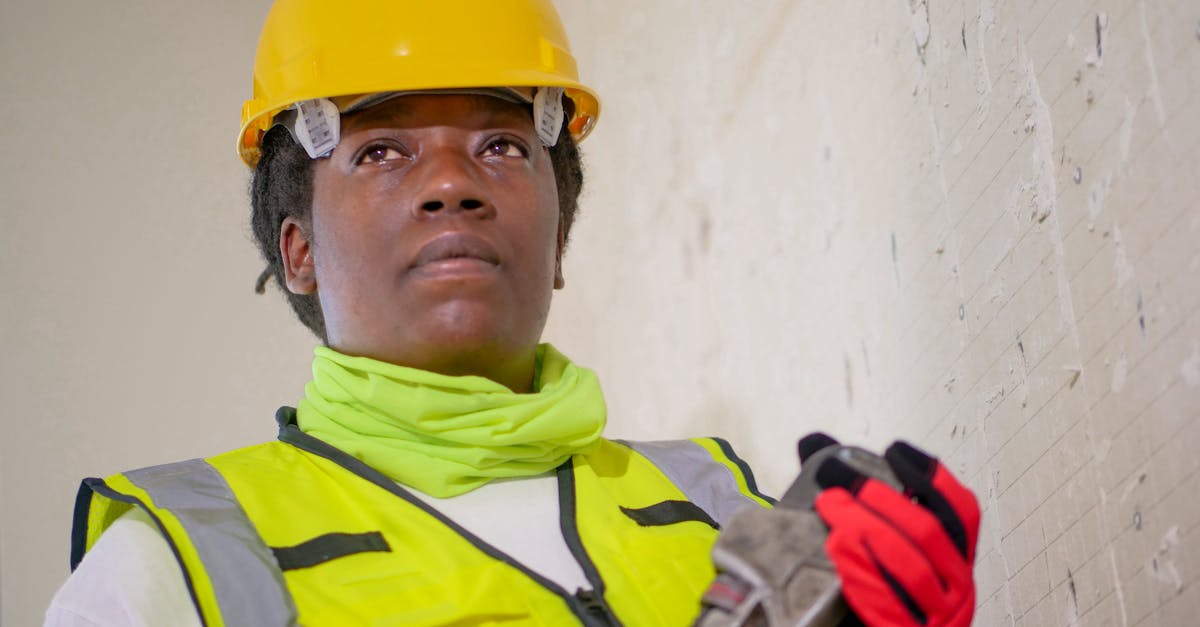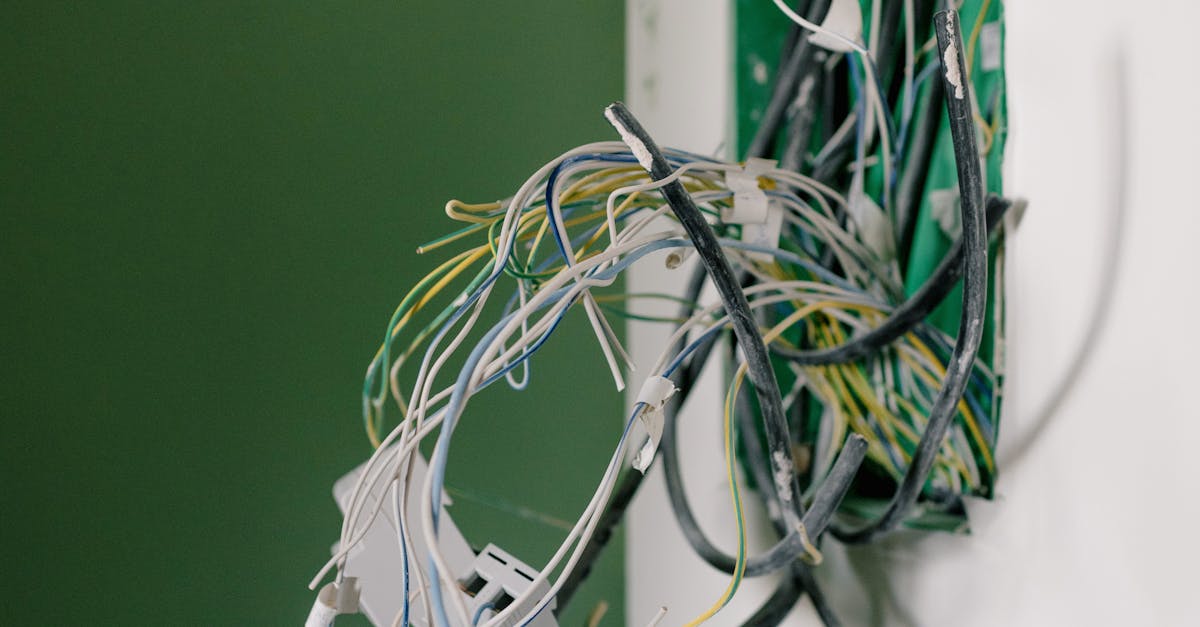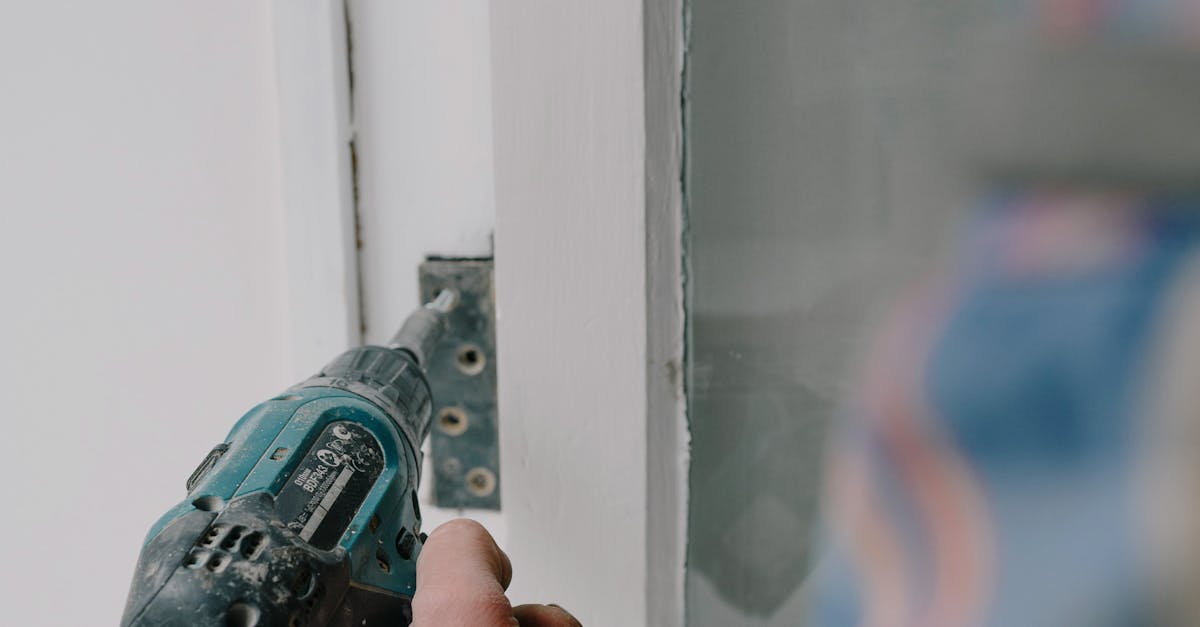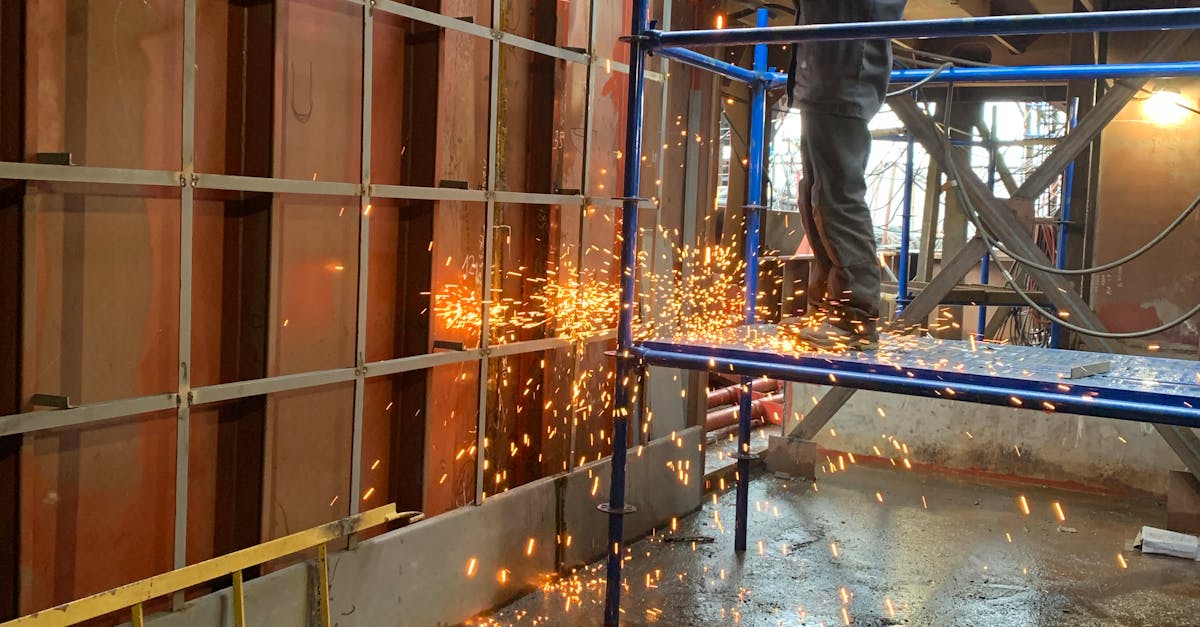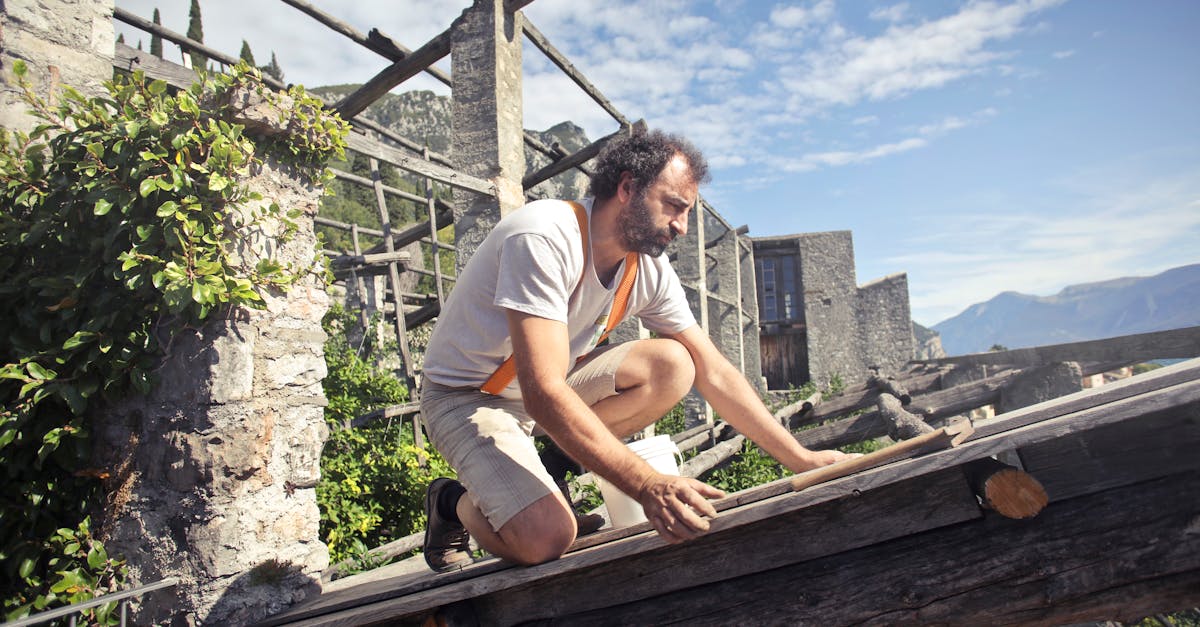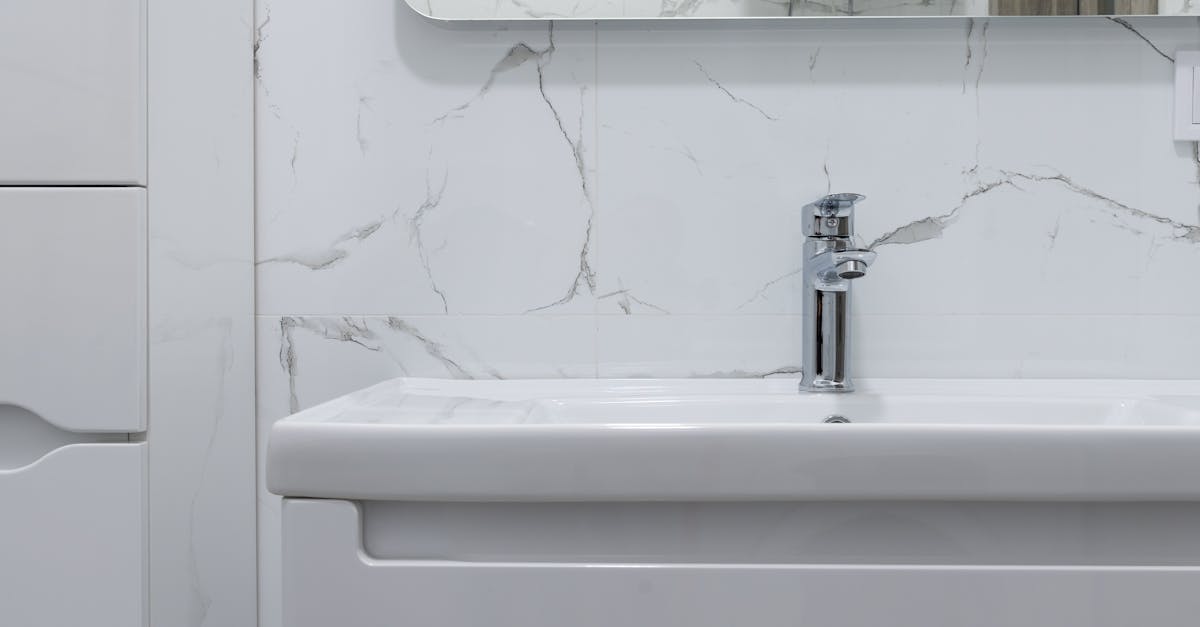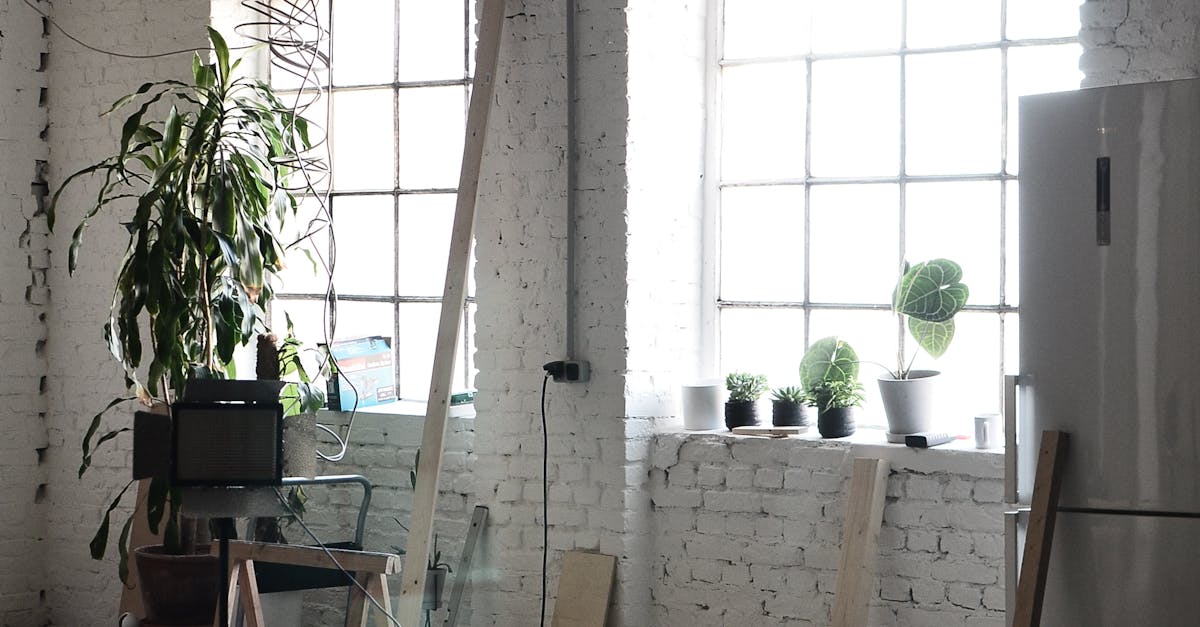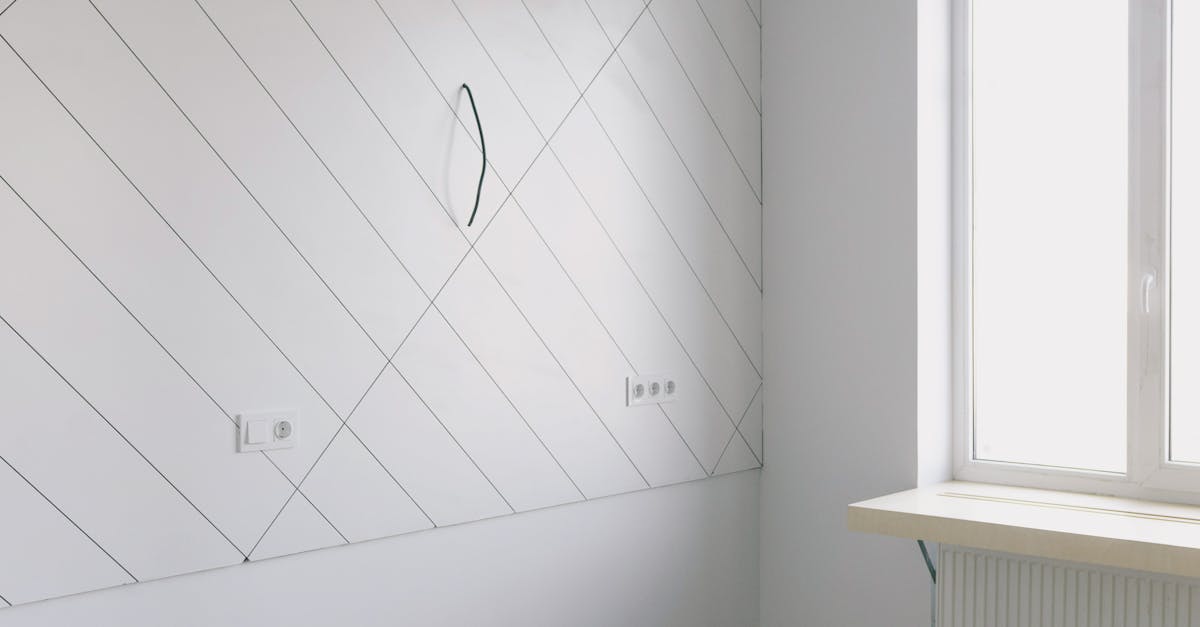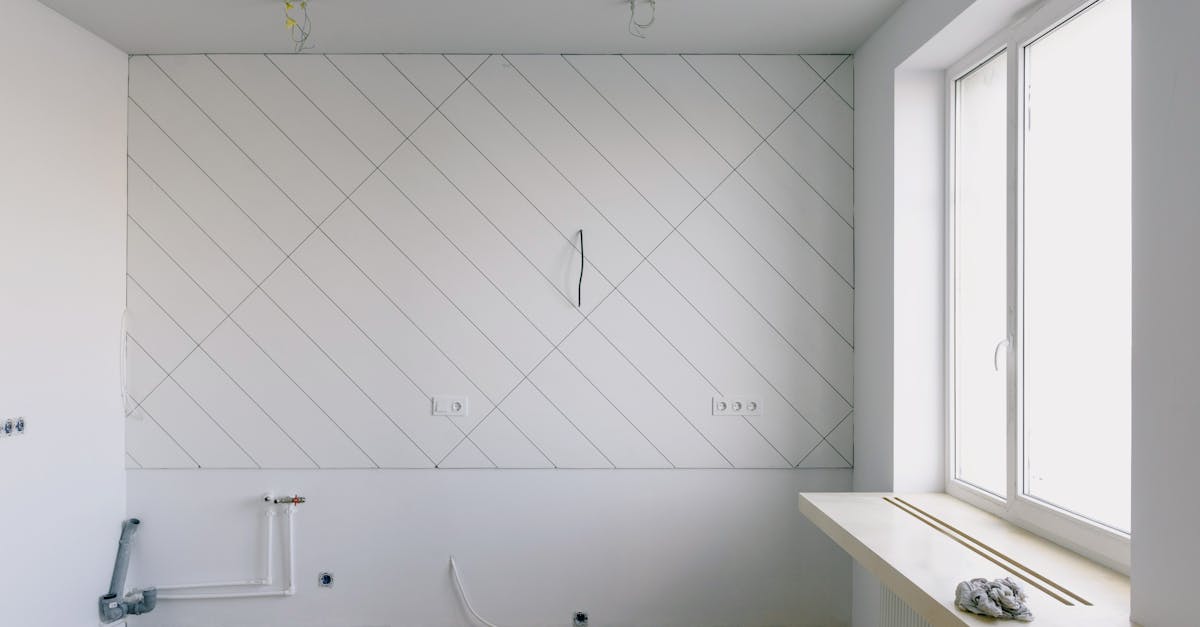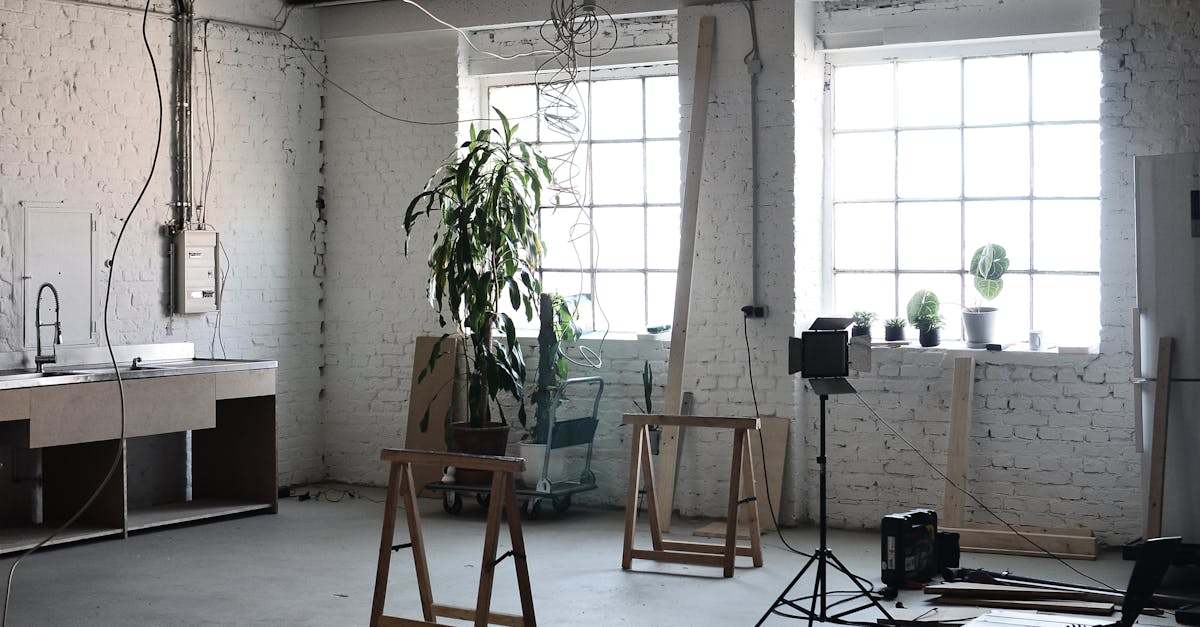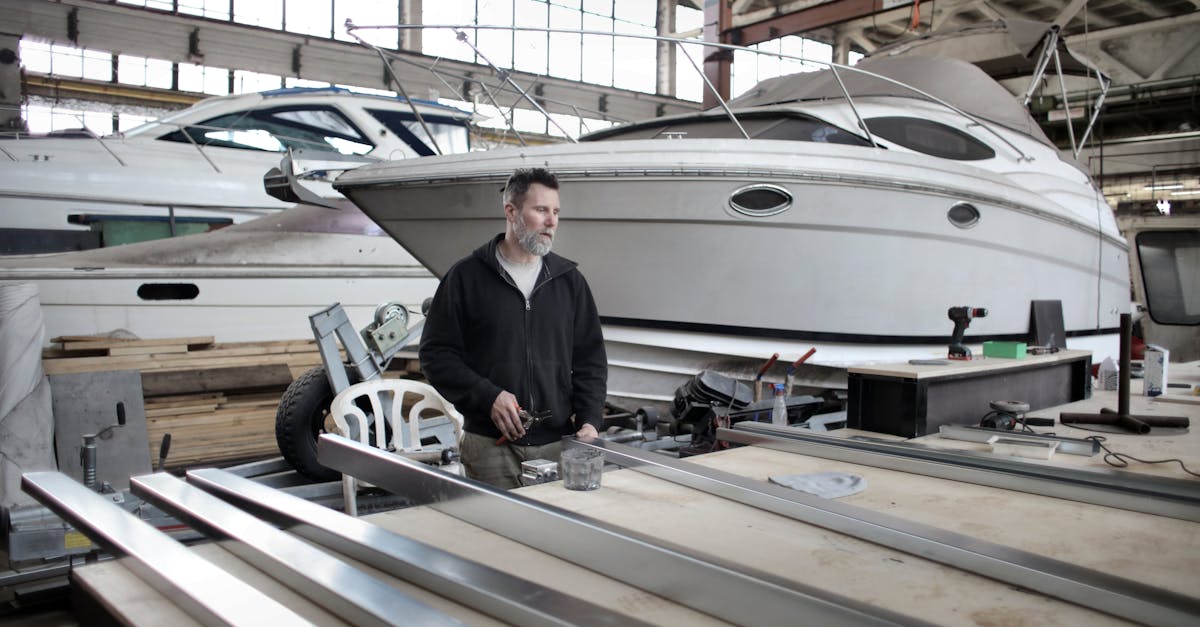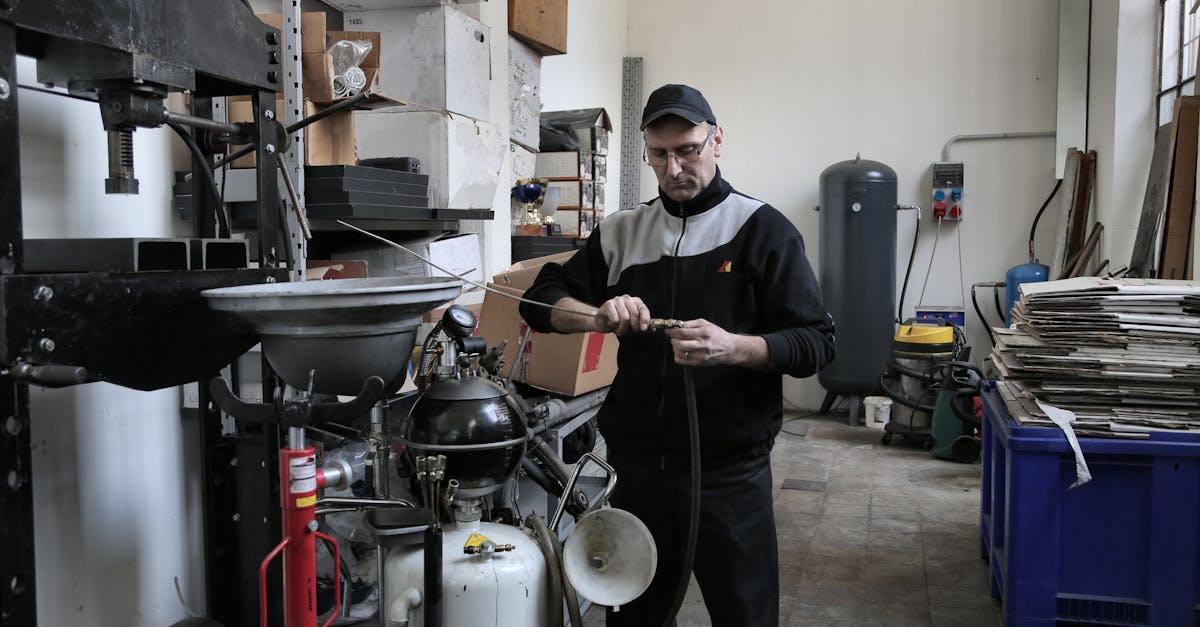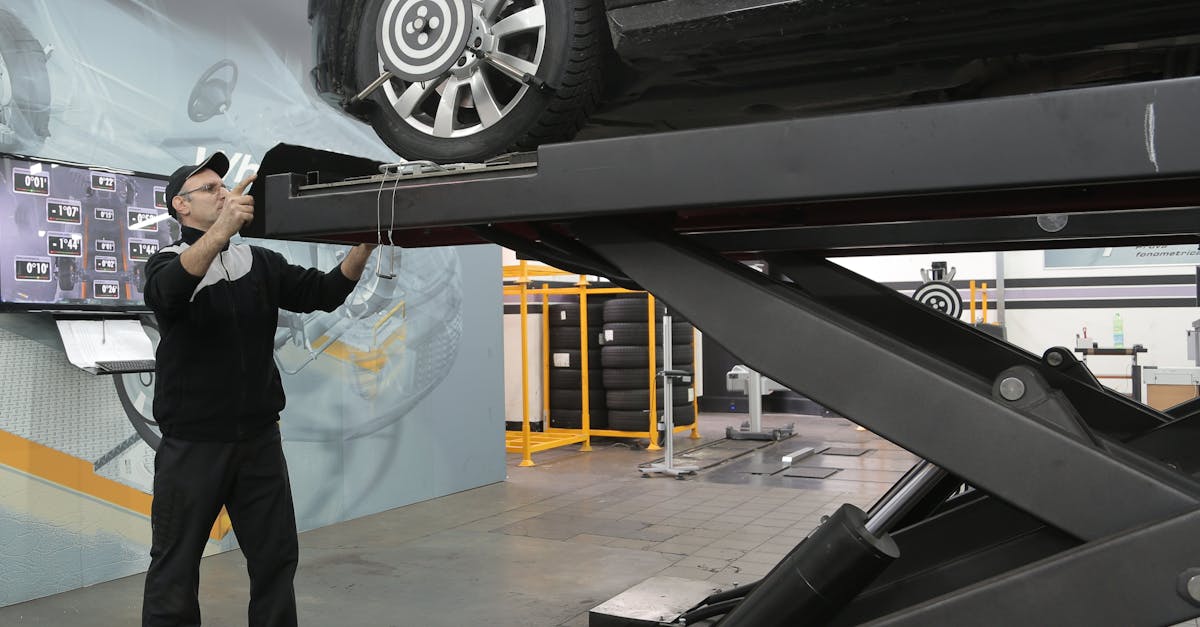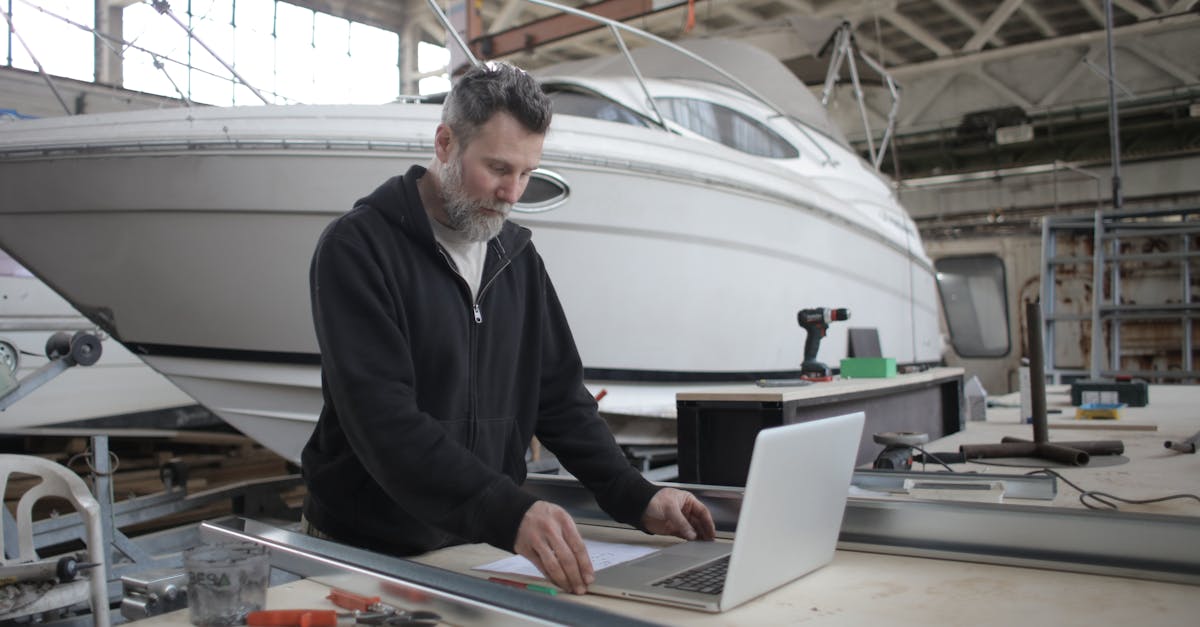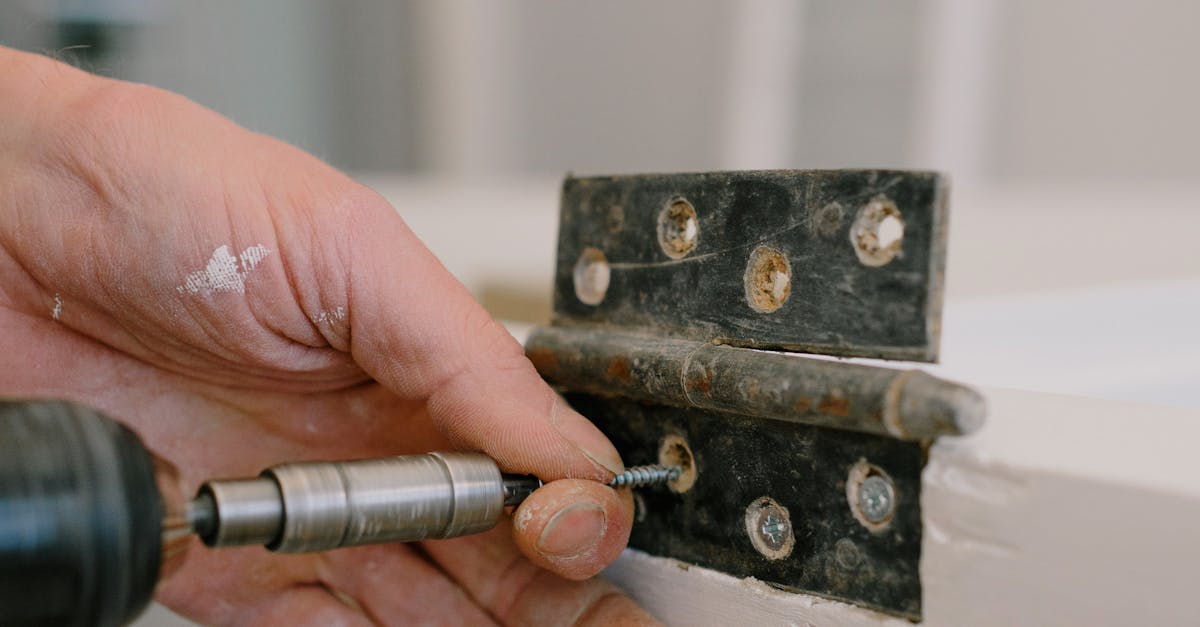
Table Of Contents
Brand Comparisons and Their Impact on Price
When considering a hot water system, brand reputation plays a crucial role in pricing. Well-known brands often command higher prices due to their established reliability and customer service. Consumers may find that the initial investment in a reputable brand leads to fewer issues down the line. This can be particularly important considering the costs associated with water heater installation and repair. Cheaper brands may save money upfront but could lead to higher long-term expenses if they require more frequent maintenance or early replacement.
Different brands also offer varying features and energy efficiency ratings, impacting overall costs. A higher-priced unit with better efficiency can reduce energy bills significantly over time. This means that while the initial outlay may be steep, the financial return through energy savings may enhance overall value. When evaluating options, understanding how each brand stacks up in terms of durability and efficiency will help guide consumers towards making the best decision for their home and budget.
Popular Hot Water System Brands in Australia
When considering popular hot water system brands in Australia, several names stand out for their reliability and performance. Rheem is known for its extensive range of products suitable for various needs, offering both electric and gas options. Another prominent brand, Bosch, is often revered for its energy-efficient systems that cater to both small households and larger families. Consumers frequently praise these brands for their quality, which impacts both purchase price and long-term satisfaction.
In addition to Rheem and Bosch, brands like Rinnai and Thermann also have a strong presence in the market. Rinnai is recognised for its innovative technology and durability, while Thermann focuses on environmental sustainability, providing options that align with eco-friendly practices. These popular brands contribute to the overall range of choices available for water heater installation and repair, ensuring that Australian homeowners can find a system that meets their specific requirements and preferences.
Maintenance Considerations and Their Costs
Regular maintenance of a hot water system is essential for ensuring optimal performance and longevity. It often requires periodic checks, inspections, and minor repairs to keep the unit functioning efficiently. Homeowners can expect to spend a few hundred dollars annually on routine upkeep, which is generally less costly than waiting until issues arise. Water heater installation and repair may escalate in price significantly if major components begin to fail due to neglect.
In contrast, major repairs can be a substantial financial burden. If a system has not been maintained correctly, more serious problems may develop, necessitating expensive parts or even a full replacement. Understanding the importance of regular maintenance can help mitigate these unexpected costs. Proactive measures not only save money in the long run but also enhance the performance and reliability of the water heater.
Regular Upkeep vs. Major Repairs
Regular upkeep of a hot water system is crucial to ensuring optimal performance and longevity. Routine tasks such as flushing the tank, checking for leaks, and inspecting the anode rod can prevent minor issues from escalating into more significant problems. Engaging a professional for water heater installation and repair adds a layer of assurance, as experienced technicians can identify potential issues early on. This proactive maintenance can ultimately save homeowners from costly repairs down the line.
In contrast, neglecting regular maintenance can lead to major repairs, which are often more expensive and time-consuming. Problems like sediment buildup or corroded parts can result in system failures, forcing homeowners to replace their units sooner than expected. Water heater installation and repair costs may spike in these situations, particularly if emergency services are required. Being vigilant about maintenance can help mitigate these risks and keep costs manageable over time.
Energy Efficiency Ratings and Cost Savings
Energy efficiency ratings play a crucial role in determining the overall cost savings associated with hot water systems. Systems that boast higher energy efficiency ratings typically consume less electricity or gas, resulting in lower utility bills over time. Australian households are increasingly seeking out models with an Energy Rating Label, as these appliances not only reduce monthly expenses but also contribute to a more sustainable environment.
Investing in energy-efficient hot water systems can lead to significant long-term financial benefits. While the initial outlay for these systems may be higher, the savings accumulated through reduced energy consumption can offset this cost relatively quickly. Additionally, choosing an efficient system often leads to fewer instances of water heater installation and repair, further ensuring that homeowners do not face unexpected maintenance costs.
Longterm Financial Benefits
Investing in a high-efficiency hot water system often leads to significant long-term financial benefits. While the initial cost may be higher, these systems typically consume less energy, leading to lower utility bills. Additionally, many energy-efficient models come with warranties that can reduce repair costs over time. A well-chosen system can also increase a property's value, making it a wise investment for homeowners looking to sell in the future.
Regular water heater installation and repair by qualified professionals can further enhance these financial advantages. Catching potential issues early through routine maintenance helps avoid costly breakdowns. Furthermore, some modern systems are designed to be more easily repaired, minimising expenses related to major repairs that can arise with older models. Overall, making an informed choice about a hot water system contributes to both immediate comfort and future savings.
FAQS
What is the average cost to replace a hot water system in Australia?
The average cost to replace a hot water system in Australia typically ranges from $1,000 to $3,500, depending on the type of system and its features.
Are there any additional costs associated with replacing a hot water system?
Yes, additional costs may include installation fees, removal of the old system, and any necessary repairs or upgrades to plumbing or electrical systems.
How do different brands affect the price of hot water systems?
Different brands can significantly impact the price, as premium brands often come with higher upfront costs due to better technology, warranties, and customer service.
What maintenance should be performed on a hot water system to ensure longevity?
Regular maintenance includes checking the temperature settings, flushing the tank to remove sediment, and inspecting for leaks or corrosion. Major repairs may involve replacing elements or thermostats.
How can energy efficiency ratings affect my long-term costs?
Higher energy efficiency ratings can lead to significant savings on energy bills over time, making the initial investment in a more efficient system worthwhile in the long run.
